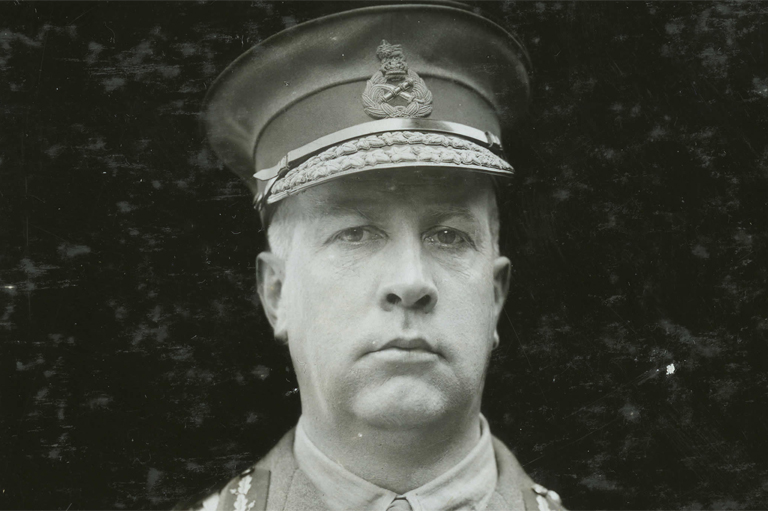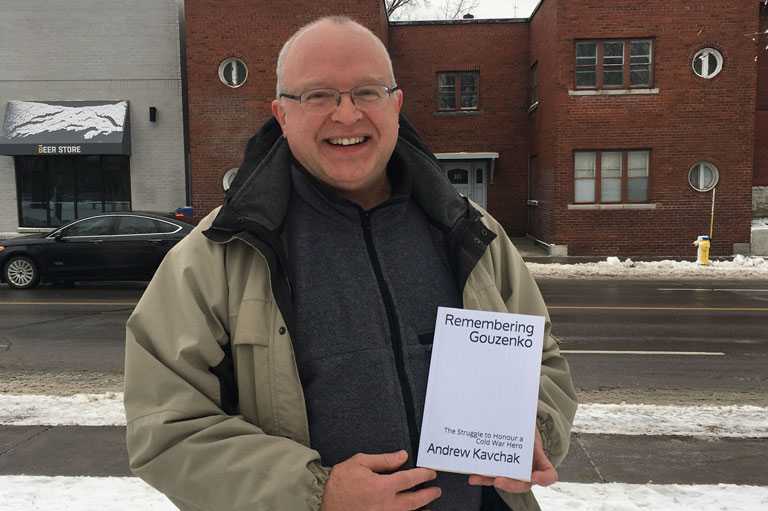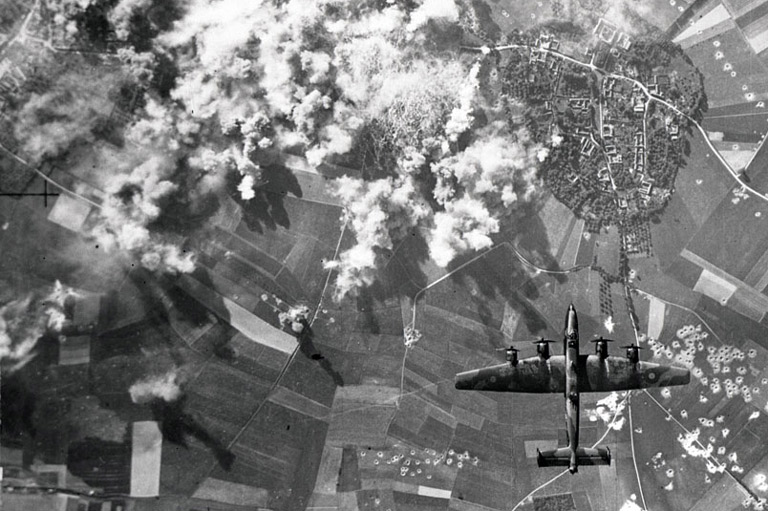A New Look at the Dieppe Raid

The raid by Canadian soldiers of the 2nd Division on the French seaside town of Dieppe remains one of the most controversial battles in Canadian military history. Was it simply a testing ground for a cross-channel raid by the allies or was there something more?
I spoke with David O’Keefe about his book, the legacy of the battle and the level of public consciousness about Canadian history. Listen to the full interview here:
O’Keefe’s research began with the discovery of a single document connecting the existence of a special British intelligence unit and the Dieppe Raid.
“When I was [in England] doing some work on a completely unrelated matter I decided to do some of my own work into Ultra which was the code name given to the fruits of the Allied code breaking effort during the war. And that’s when I discovered this particular document that had been written – it was basically an in-house history – a very short book about a unit called the 30th assault unit. But this was a particular unit that was raised to pinch or steal material that the cryptographers at Bletchley Park who decoded the material would need.”
“In the fourth paragraph there was a line that really caught my attention. “The party at Dieppe did not reach its objectives.” Now I was absolutely stunned because here was the first time that I ever had the document in my hand that directly connected Ultra, one of the greatest secrets of the entire Second World War, with Canada’s darkest day and one of our greatest mysteries. And that’s how the journey began.”
Everyone connected to Ultra was sworn to secrecy after the war and many were never fully able to tell their story:
“I would say all of the major participants have been unable to tell the full story simply because of the security implications at the time. And that’s one of the great challenges for the historian, is to go back and not necessarily read between the lines, but superimpose the new evidence over the existing corpus of material that’s out there, and then draw the conclusions from that. So for instance if you go back into Hughes-Hallet’s papers, his memoires, which he penned probably a decade before the Ultra secret was revealed, you can start to see where he was avoiding. So in other words avoiding discussion about the importance of the HMS Locust. He doesn’t even mention the Intelligence Assault Unit, nor the real role there.”
What does this new research mean for the legacy of the Dieppe Raid?
“Well in some cases it doesn’t change . . . in the sense that 907 Canadians died on that morning and nothing was going to change that. Dieppe is still a disaster and there’s no getting around that. What will change is our understanding of the intent, in other words what was behind this from the start. And there is plenty of evidence to show that right from January 1942 Dieppe was on the radar of British Intelligence and later Combined Operations because of what it had to offer from a cryptographic sense. So as a result it gives us a different view completely when it comes to what was the driving force behind the operation.”
At Canada’s History, we highlight our nation’s past by telling stories that illuminate the people, places, and events that unite us as Canadians, while understanding that diverse past experiences can shape multiple perceptions of our history.
Canada’s History is a registered charity. Generous contributions from readers like you help us explore and celebrate Canada’s diverse stories and make them accessible to all through our free online content.
Please donate to Canada’s History today. Thank you!
Themes associated with this article
Advertisement







